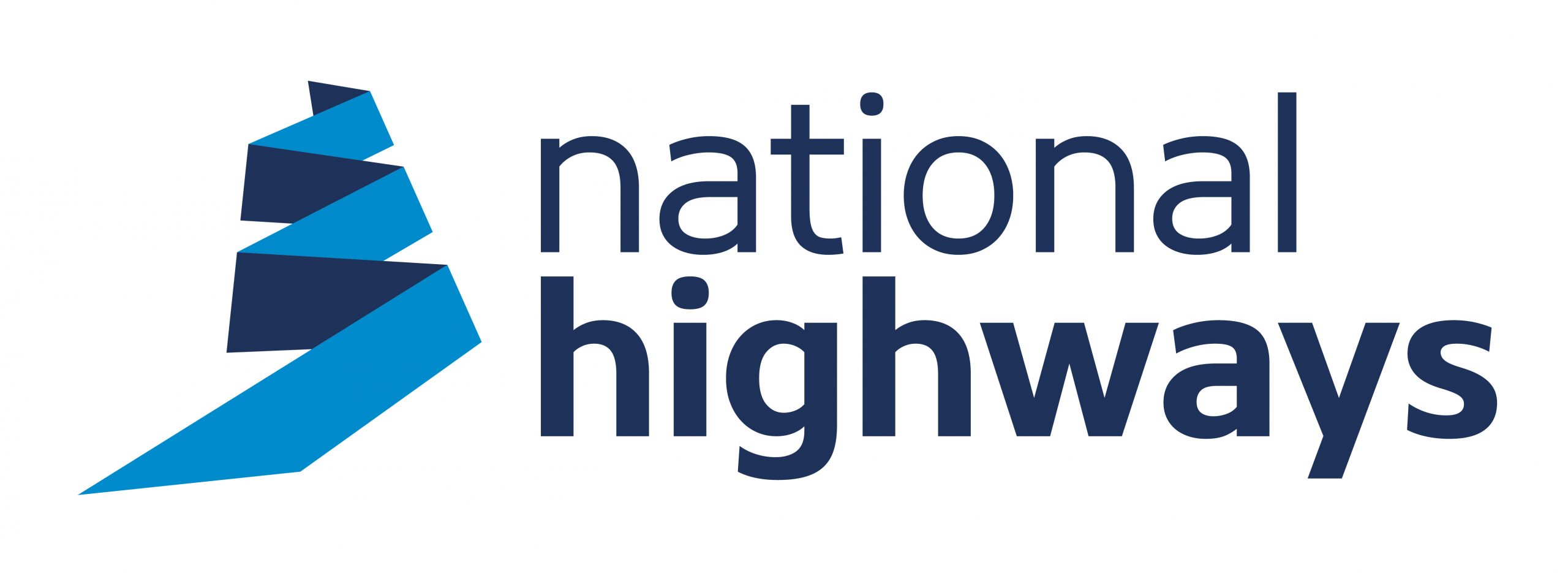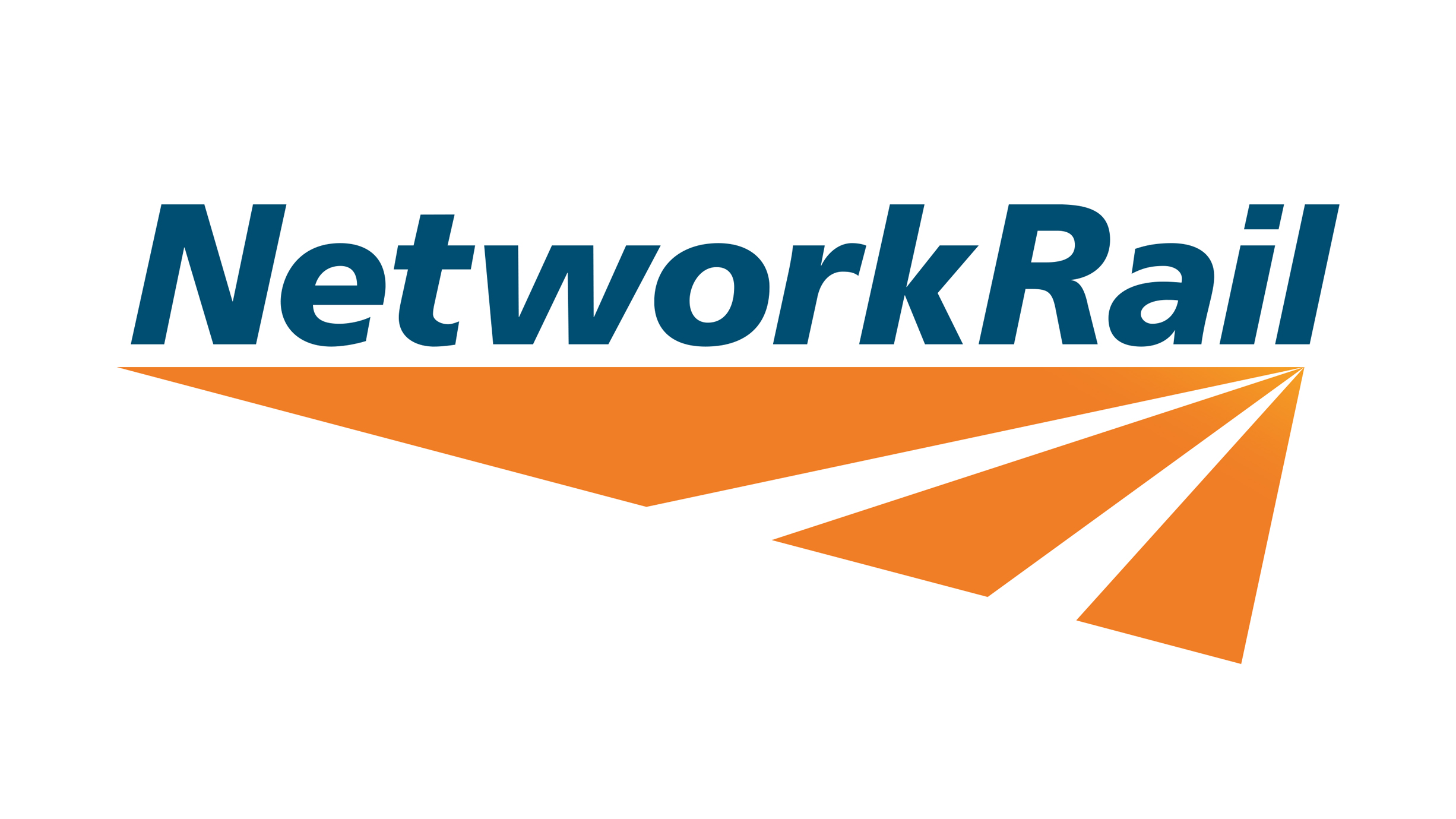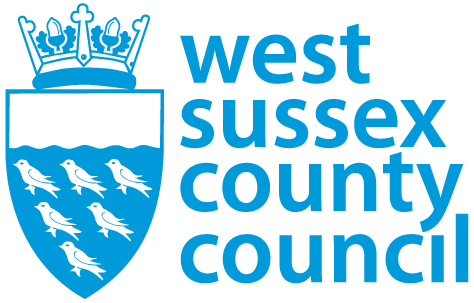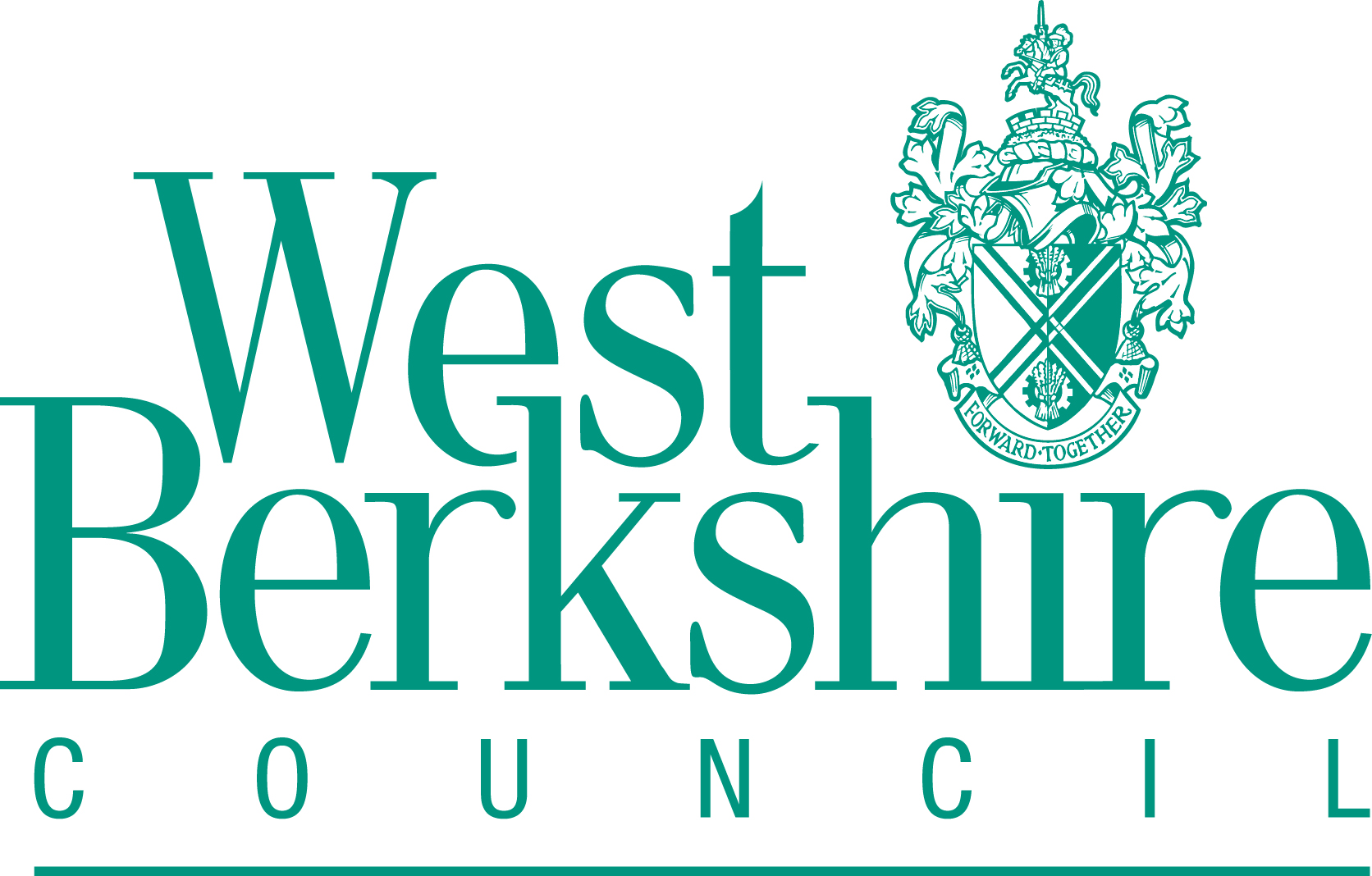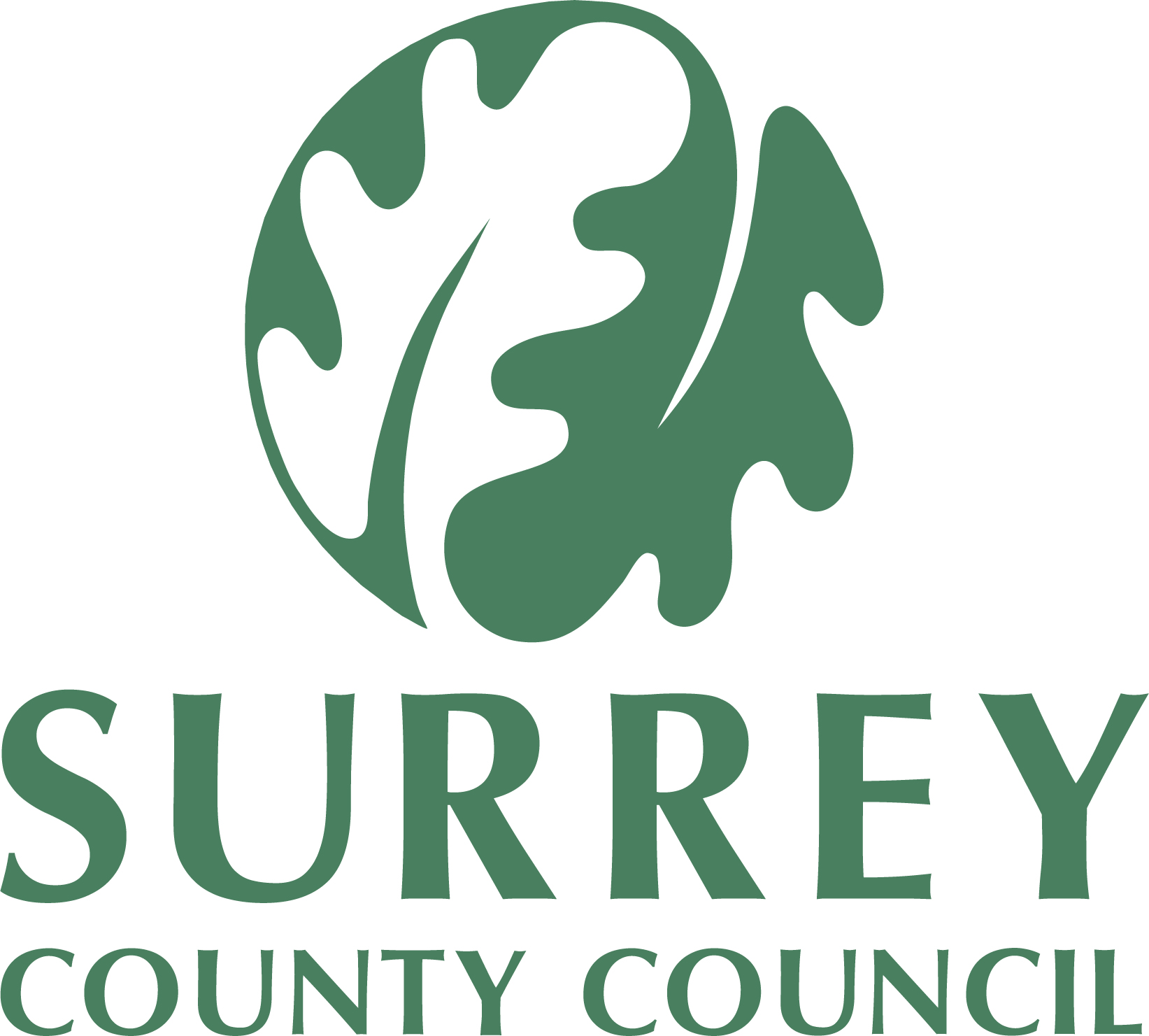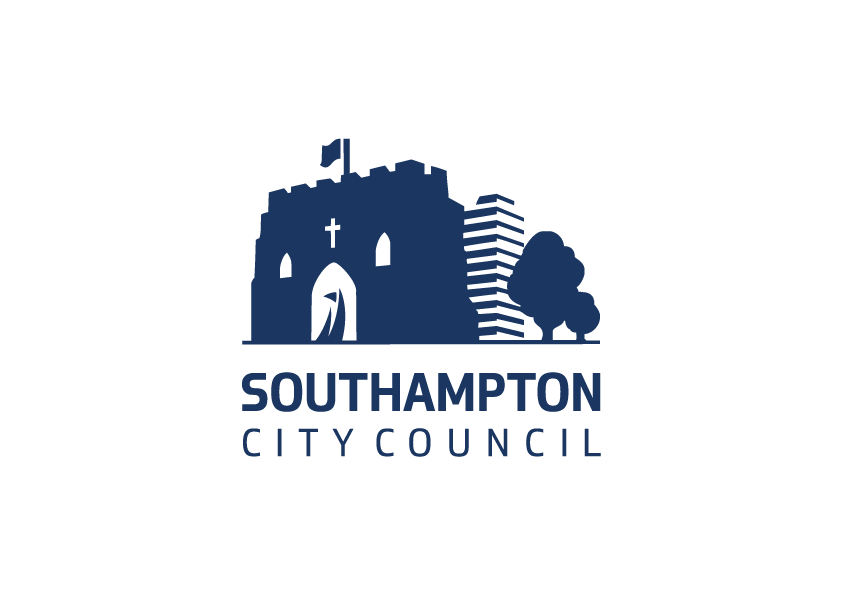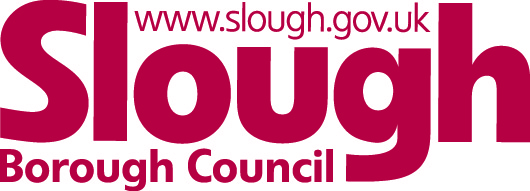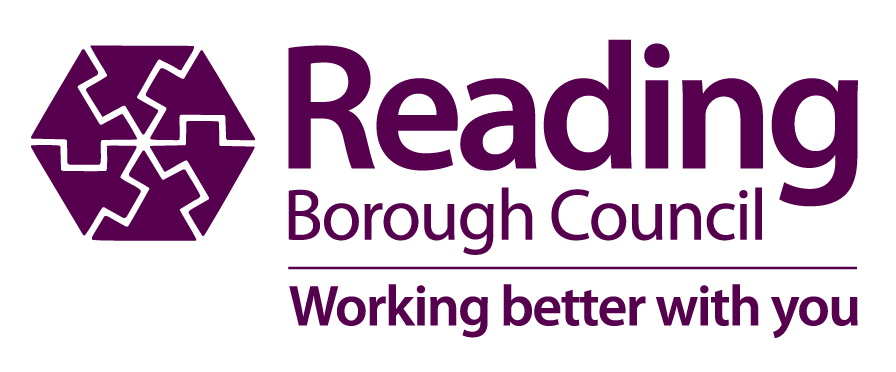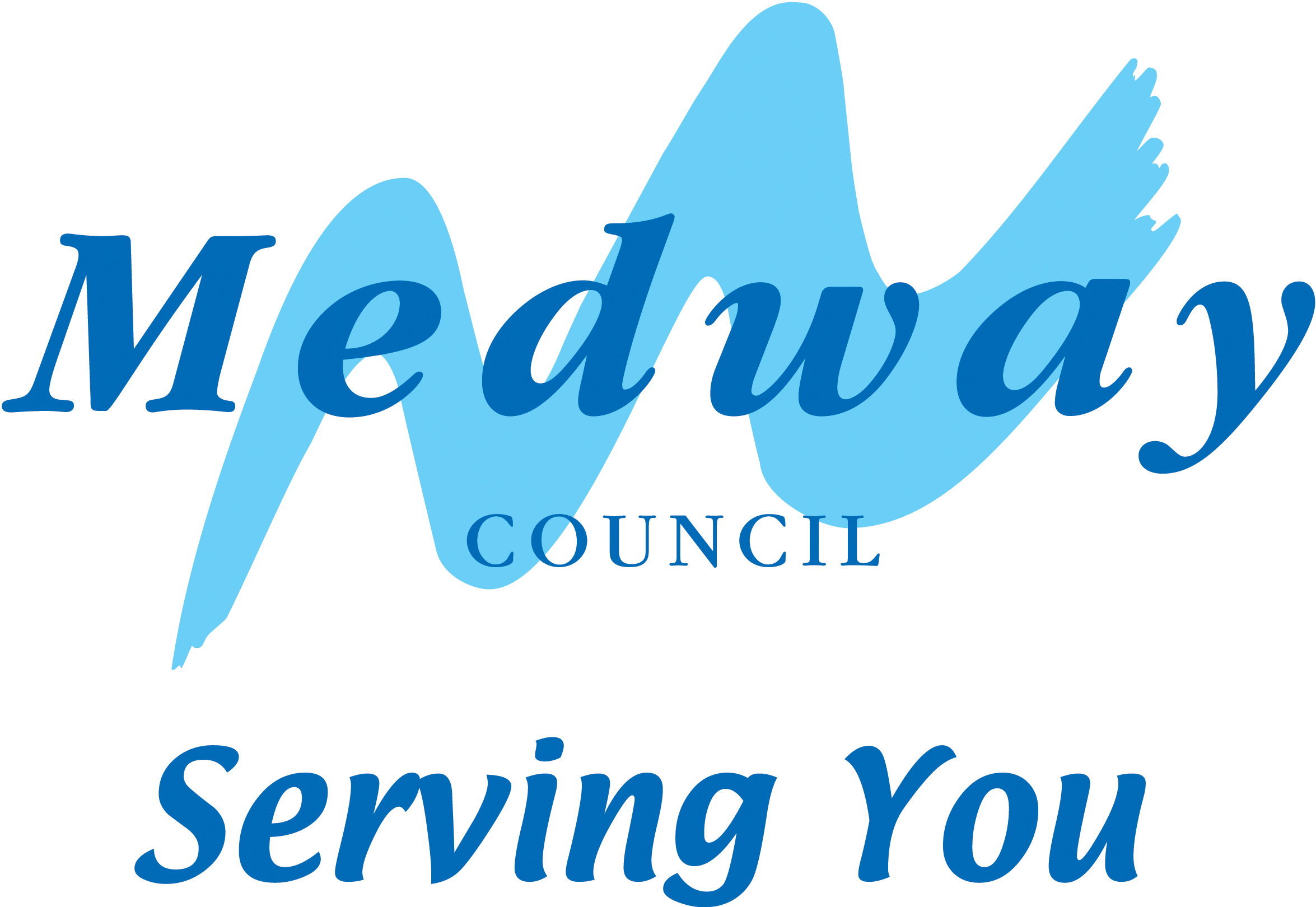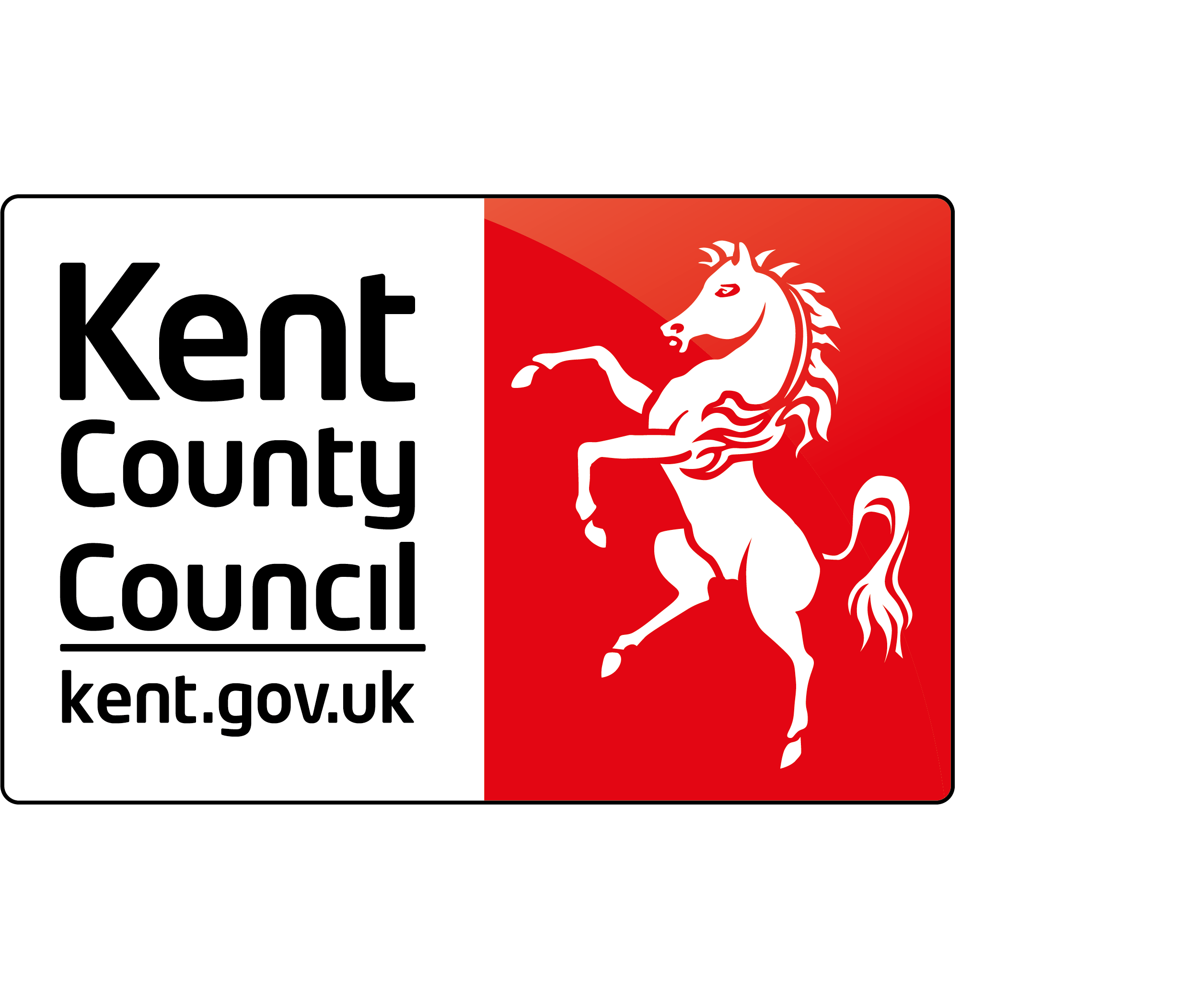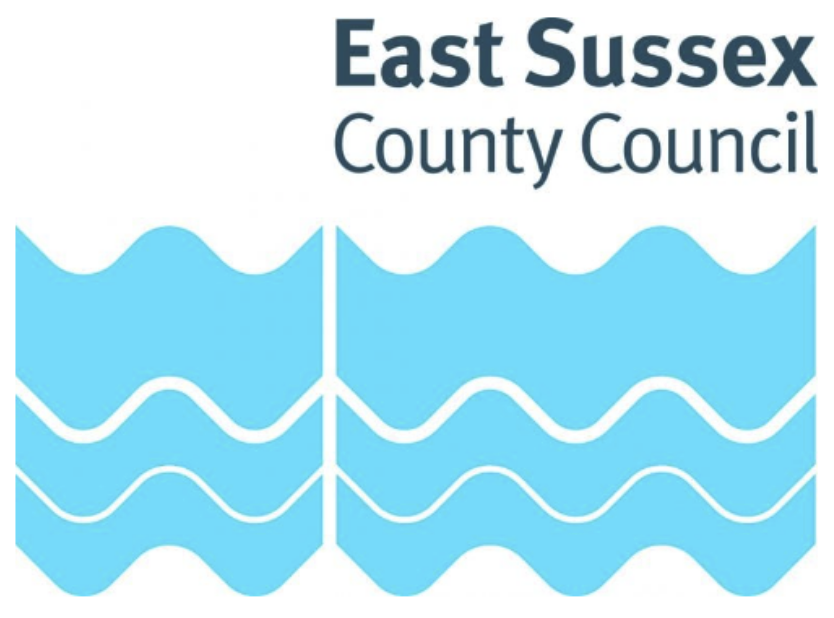Annual report 2021-2022
Page contents
Chairman’s welcome
Lead officer’s foreword
Our year in focus
About Transport for the South East
From area studies to strategic investment plan
Decarbonisation
Investing in our region’s transport
Strengthening our relationships
Consultation responses
Finance
Looking ahead to 2022-23
Chairman's welcome
For the majority of the last year, we have continued to live with the uncertainty brought about by the Covid-19 pandemic. Now a few months into 2022 we are seeing signs of the pandemic ending and life beginning to feel more hopeful for a return to normality, however that may look post pandemic.
As our region’s voice for strategic transport, TfSE has an opportunity to ensure the work emerging from our area studies and feeding into our strategic investment plan (SIP) reflects the impacts of the pandemic, and delivers the best outcomes for our region – helping us move towards our vision for 2050 and supporting economic recovery and growth in the South East and across the UK.
Our SIP will be an ambitious but achievable multi-modal investment plan that will be the blueprint for future investment in strategic transport infrastructure for the next thirty years. As we take this next step, we have reviewed our governance structures and adopted new organisational objectives – setting a future focus for TfSE that not only aligns to the constituent authority and Department for Transport (DfT) drivers for a sub-national transport body but also matches our aim for bold and ambitious investment plan. Delivering benefits for stakeholders across the South East and the UK. You can read more about these objectives in this report.
Through our SIP we’re committed to improving transport and hitting net zero carbon emissions in the South East by 2050 at the latest. We know that transport is the single biggest contributor to UK carbon emissions and this year we set up the South East Regional Decarbonisation Forum, bringing together local authority officers, sharing best practice and identifying areas for joint working as we work towards this common goal.
Over the last year we have also worked to build upon our already strong relationships with local authorities, national transport bodies and other partners as we have developed our area studies and investigated the issues, challenges and opportunities identified in our transport strategy.
We have worked with industry experts and local stakeholders to deliver our future mobility and freight, logistics and gateways strategies and associated action plans, which set out a series of strategic actions so that together with our stakeholders we can achieve our vision for the region.
I wish to once again thank all our partners and stakeholders who continue to work with us. I would like to thank DfT ministers for their ongoing time and support, as well as the continued funding for our work programme. I also want to thank them for the funding recently allocated for work on four additional work streams; Decarbonisation, Bus Back Better, Local Authority Capacity and Capability and Electric Vehicle (EV) Charging Infrastructure.
Finally, I would like to thank my fellow board members for their continued support – over the next year we will need your support more than ever as we engage on our SIP. As always it is a pleasure to work with you all, rising above political differences to get behind a positive vision for the future.
I look forward to working with you all over the next 12 months as we make this fundamental step ever closer to securing our region’s economic future and improving prosperity, opportunity, and quality of life for everyone who lives and works here.
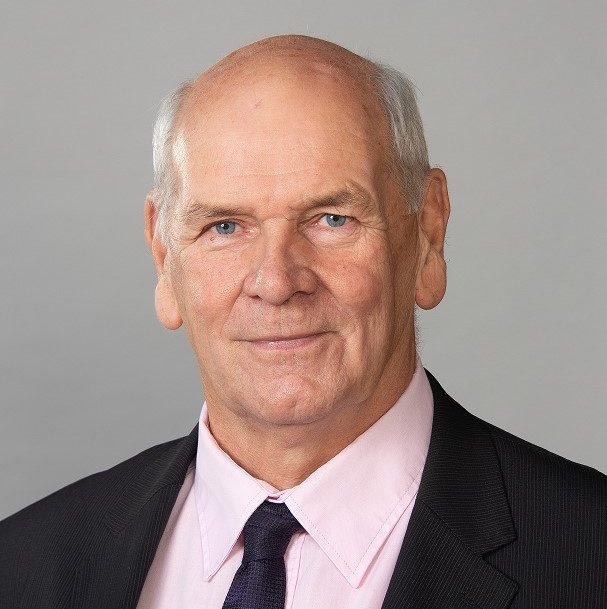
In January we were allocated a further £600,000 grant funding from DfT for work on some additional workstreams. Part of this work programme will be to develop a regional centre of excellence, with the aim of supporting local authorities in the accelerated delivery of their Local Transport Plans. This additional funding will allow us to support the work of the department and demonstrates the government’s confidence in TfSE and our work programme.
We have a lot of work to do over the next year to understand how we reach our goal of a decarbonised transport system by 2050 but the work we have started through our Transport Decarbonisation Forum is really promising. We are also yet to see what the lasting impact of Covid-19 will be on the way people will travel, both within the region, the rest of the UK and internationally.
We now have established, good working relationships with Network Rail, Highways England and more recently the Great British Railway Transition Team and we look forward to developing these further in the next 12 months – these partnerships are key to the long term delivery of our SIP.
Whilst we develop our SIP, we need to consider alternative ways of funding and financing, including demand management to bolster existing funding streams and ensure we can deliver on our plan.
As we go out to public consultation on our draft SIP this summer, it will be a challenging but exciting time for TfSE. We will embark upon a series of regional engagement events to support our wide-reaching digital consultation and communications campaign. Our SIP is a plan developed by the South East, for the South East and so it is of utmost importance to us that all stakeholders can respond.
I am immensely proud of the Transport for the South East team and wider partnership – we have achieved a lot in the last 12 months, and we are making our mark as a strong and trusted partner at a regional and national level. We are in a strong position to make a real difference as we work towards submission of the SIP in just twelve months from now.
We wouldn’t be where we are without the support and hard work of so many of our partners. So, thank you to all who have played a part – I and the rest of the TfSE team look forward to working with you on delivering our investment plan for the South East.

Our year in focus
The last twelve months have been critical in our journey towards the development of our strategic investment plan. Our technical team have been working through a series of area studies and thematic studies to develop the evidence base that will feed into our investment plan and inform the packages of interventions that will see us achieve the vision set out in our transport strategy.
Read our future mobility and freight logistics and gateways strategies. .
We have launched ProjectView which will support our work and help make sure that investment decisions across the South East are based on common and consistent information.
Government have published the rail white paper and the transport decarbonisation plan, the Net Zero Strategy: Build Back Greener and the Levelling-Up white paper all of which have an impact on the work we are doing.
We have received additional funding from Government to support work on: Decarbonisation, Bus Back Better, Local Authority Capacity and Capability and Electric Vehicle (EV) Charging Infrastructure. You can read more about these workstreams later in this report.
We have also seen a number of Major Road Network priority road schemes in our area receive additional funding including: A284 Lyminster bypass, A259 corridor between Bognor Regis and Littlehampton, A28 Birchington, Acol, Westgate-on-Sea relief road and the A326 Westgate.
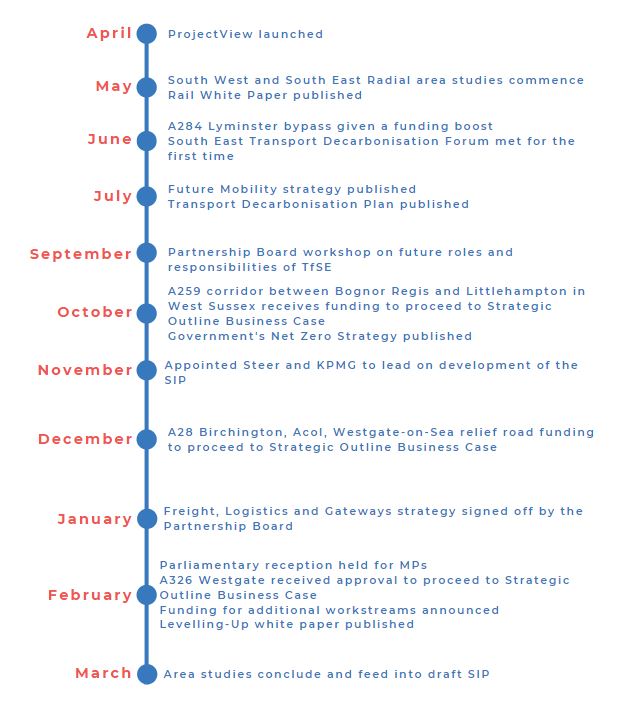
About Transport for the South East
Transport for the South East is a unique partnership for our region, bringing together local authorities, local enterprise partnerships and transport providers to speak with one voice on the South East’s strategic transport priorities.
Our region – covering Berkshire, Hampshire, Isle of Wight, Surrey, West Sussex, East Sussex, and Kent – is the most productive region in the country outside of London. It is home to 7.5 million residents and more than 350,000 businesses and is our nation’s key international gateway for people and goods. It boasts world-leading universities and research institutes, diverse towns and cities and stunning coasts and countryside. It is a great place to live, work, study, visit and do business.
Our focus is on developing a strategic investment plan for the South East that will support the South East’s continued recovery from the effects of Covid-19, and facilitate growth whilst working to achieve our shared vision of a better, more prosperous, net-zero carbon South East with a sustainable transport network at its heart.
What we do
By operating strategically across the South East on transport issues – a role that no other organisation has undertaken until now – we’re able to directly influence how, where and when money is invested in our region’s transport networks. We don’t replicate the work of local transport authorities; we work with them to ensure that the plans we put forward reflect the needs and priorities of the communities they represent.
In line with this are our new organisational objectives, adopted by our Partnership Board in January 2022. These are:
- Identify and support interventions that deliver the transport vision and strategy;
- Secure higher levels of transport investment in the South East’s strategic transport network; and
- Support TfSE’s key stakeholders in responding to and overcoming emerging transport challenges.
At the heart of Transport for the South East’s work programme is our landmark thirty-year transport strategy, published in July 2020 and later accepted by Government.
I am impressed by the scale of the work carried out and by your vision of a ‘sustainable route to growth’. I believe this can complement the Government’s objectives for faster adoption of digital technology and investment in sustainable transport whilst striving for a highly productive economy.
Baroness Vere, Transport Minister for Roads, Buses and Places
Our Transport Strategy sets out how, with the right investment, we can grow the South East’s economy, boost jobs and opportunity, improve quality of life and hit net-zero carbon emissions by 2050 at the latest. To make that vision a reality, we’re working with partners and stakeholders to develop our strategic investment plan – a blueprint for investment which we will publish for consultation in June 2022. We know that delivering this plan and solving the big challenges we face – like decarbonisation, modal shift, improving air quality and increasing access to jobs, training, and education – will require more than just partnership working.
How we are structured
We have a robust governance structure which provides leadership, accountability, expertise, and oversight of the Transport for the South East programme. It also gives our partners and stakeholders the ability to guide and influence our work at all levels.
The Partnership Board is our principal decision-making forum. It brings together elected members from our constituent authorities alongside representatives of local enterprise partnerships (LEPs), district and borough authorities, protected landscapes, and the independent chair of the Transport Forum.
Network Rail, National Highways and Transport for London also attend the board as non-voting members, providing valuable additional insight and expertise. Find out more about our partnership board and our partners.
The TfSE team act as advisors to the board, calling upon input and advice from two key forums: the Senior Officer Group, comprising local authority transport officers and other partner representatives; and the Transport Forum, which brings together a wider group of stakeholders including passenger groups, environmental groups, active travel campaigners, transport operators, universities, ports, and airports.
Transport for the South East’s technical work programme, stakeholder engagement and communications activities are carried out by the Programme Management Office. Find out more about the Transport for the South East team.
Member and officer sub-groups provide additional advice, focus and insight on key issues. These include working groups on our transport strategy, area studies, decarbonisation forum, freight forum, governance reform and communications and stakeholder engagement.
The right structure to deliver the strategic investment plan (SIP)
As work on implementation of the SIP progresses, we must ensure that TfSE has the right governance structures, staffing structures and capabilities and organisational framework in place to deliver this ambitions plan. The existing governance and staffing structures will need to expand and evolve to deliver the plan in a timely and efficient way, allowing dynamic and timely decisions to be made.
In April 2021, TfSE commissioned an independent review into its current position which resulted in recommendations as to how TfSE might need to evolve to ensure that it remains ‘fit for purpose’ to implement the SIP.
Throughout May to July 2021, several stakeholder interviews, workshops and focus groups were conducted with Senior Officer Group, the Partnership Board, TfSE team and other key stakeholders. In August 2021 a survey was issued to members of the Transport Forum seeking their opinions of the roles and responsibilities that TfSE might need to implement of the SIP.
The review also included desk-based research into other sub-national transport bodies and similar bodies to provide a benchmark and to offer best practice development options. The findings will be fed into the development of the SIP and will be taken forward throughout the next 12 months.
How we are funded
Transport for the South East operates a mixed funding model. Our core staffing complement is funded by contributions from local transport authorities, while our technical programme and other staffing costs relies on grant funding from the Department for Transport.
This approach reflects our commitment to delivering best value for our partners and taxpayers. Find out more about our funding and finances.
From areas studies to strategic investment plan
To make our vision for the South East a reality, we’re working with partners across the region to determine what the South East’s priority transport schemes and initiatives should be up to 2050.
We have been doing this through a series of area and thematic studies, led by our team of transport strategy managers.
The outcomes of these pieces of work feed directly into our strategic investment plan – a blueprint for investment that we want to deliver with government and national bodies like Network Rail and National Highways.
Area studies
Each of our five area study geographies are based around the most important economic corridors in our region. These corridors connect our biggest towns and cities and international gateways and are where the greatest opportunities for sustainable economic growth exist.
Partnership working has been central to our geographical area studies with stakeholder forums for the outer orbital, inner orbital, south central radial, south east radial, and south west radial studies. Each forum has brought together a diverse range of views and voices from local government, transport operators, environmental groups, active travel campaigners and more.
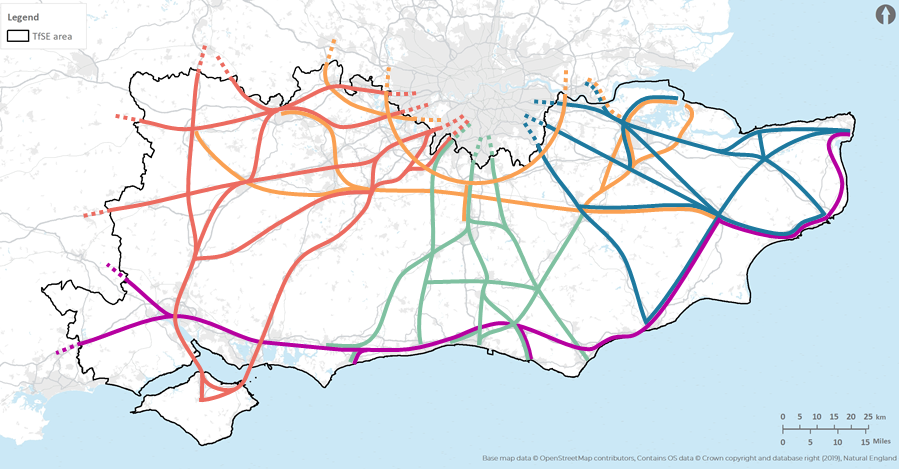
Each study has investigated the issues, challenges and opportunities identified in our transport strategy in more detail, identifying a shortlist of transport interventions to make life better for people, for businesses and for the planet that delivers on the vision in TfSE’s transport strategy.
The emerging outputs from each of the five area studies have then been brought together to form four strategic programme outline cases (SPOCs) which feed into our strategic narrative and delivery plan that will inform our SIP.

Thematic studies
Future Mobility Strategy
Developed with our partners here in the South East and nationally, our future mobility strategy sets out a people and place-based approach to future mobility – ensuring that the benefits of innovation and investment are maximised in each part of our region. The strategy includes an action plan that sets out the steps to get us there, so we can track our progress and deliver tangible results. Now that our strategy has been published, we are now focussed how we deliver the action plan.
Freight, Logistics and Gateways strategy
The UK, the South East is the UK’s principal gateway for the movement of goods and people, hosting many major international freight gateways that enable freight movements to and from the continent and to and from the whole of the UK.
In January 2022 our Partnership Board agreed our freight, logistics and gateways strategy, which sets out the challenges that need to be tackled to enable the industry to operate more efficiently whilst working towards net zero. The strategy comes with an action plan which sets out a series of strategic actions so that together with our stakeholders we can deliver a more sustainable and effective freight and logistics network for the South East and the rest of the UK.
ProjectView
Working with expert transport consultants, WSP, we launched ProjectView in April 2021 to support our work and help make sure that investment decisions across the South East are based on common and consistent information. It allows local government officers to create and develop bespoke maps of their area using their chosen data layers and presenting easy-to-view supporting evidence for schemes, projects, and other initiatives.
Today, ProjectView has over 100 users, mostly from local authorities. We are looking to run a second application window to bring on more users with a particular focus on engaging with district and borough authorities. We will also be adding more data sets from our current workstreams; area studies, future mobility and freight, logistics and gateways as well as from the local planning data refresh.
Through our transport strategy we’re committed to hitting net zero carbon emissions in the South East by 2050 at the latest and we know that transport is the single biggest contributor to UK carbon emissions. While our local authority partners are putting in place local transport plans to increase walking and cycling and move away from fossil fuels, our role as TfSE is to make sure investment priorities we put forward will enable us to our goal of a net zero carbon future for transport in the South East by 2050.
To support this, we have developed our transport modelling tool, SEELUM (South East Economy and Land Use Model) further to enable the carbon emissions impacts of the packages of interventions identified in the area studies to be assessed. We have also helped trial a tool developed by the Centre for Research into Energy Demand Solutions (CREDS) that enables the carbon footprints of neighbourhood areas to be assessed.
Identifying transport decarbonisation pathways for the South East.
Work is ongoing to identify potential decarbonisation trajectories that will need to be followed to reach net zero emissions. The work will also assess the potential effectiveness of the various local and national mechanisms that will need to be applied to follow a trajectory to net zero emission form surface transport.
In addition, in June 2021 we set up the South East Regional Transport Decarbonisation Forum, bringing together local transport authority officers and external bodies from across the South East who have been tasked with delivering transport decarbonisation. The forum has now met five times, sharing best practice and identifying areas for joint working as well as overseeing TfSE’s work on decarbonisation
As we work towards our vision for 2050 it isn’t solely through the work of TfSE that investment will be sought for our regions transport. In addition to our collective efforts our partners are also bidding for more investment through various avenues including the Housing Infrastructure Fund, Active Travel Funding, Bus Service Improvement Plans and Levelling-Up funds.
One of our aspirations is to strengthen the golden thread from national policies such as Bus Back Better, Transport Decarbonisation Plan the Road Investment Strategy and so on, through our transport strategy and strategic investment plan to Local Transport Plans (LTPs), Bus Service Improvement Plans (BSIPs) and Local Cycling and Walking Improvement Plans (LCWIPs).
The last year has seen significant investment in areas across the South East region including;
- The A320 North of Woking has received £41.8 million from Homes England through the Housing Infrastructure Fund (HIF). Carried out in partnership between Surrey County Council as the highways authority, Runnymede Borough Council as the planning authority, the works will improve traffic flow, open up sites for housing development and deliver improvements for walkers and cyclists as well as improved access to public transport. Read more about the Housing Infrastructure Fund at GOV.UK.
- The Solent Future Transport Zone has been awarded £28.8 million from the DfT as part of a trial programme to help make journey’s easier, smarter and greener. Working alongside other local authority led schemes, the Solent Future Transport Zone will provide real-world testing for experts, allowing them to work with a range of local organisations such as councils, hospitals, airports, and universities to test and trial innovative ways to transport people and goods.
- As a result of the Covid-19 pandemic Local Transport Authorities have received funding from the Government’s Emergency Active Travel fund, £250 million funding earmarked for schemes that would:
– enable more people to walk and cycle where possible
– support safe social distancing in areas where people congregate e.g. town centres, high streets, transport hubs or bus stops.
Local Transport Authorities in the South East region have received more than £42 million from the Government’s Emergency Active Travel fund. - In October 2021, LTAs across the region submitted BSIPs to Government seeking additional funding for schemes that aim to make buses a more attractive by making them an affordable more practical alternative to using private cars and helping existing bus users to travel more frequently.
Investing in our railways
In 2020, we formalised our relationship with Network Rail through a Memorandum of Understanding. This enabled Network Rail to use our transport strategy data to inform cost/benefit analysis of potential network improvements, enabling the wider economic benefits to be captured as part of its planning process.
We are also working with the Great British Railways Transition Team to ensure STBs are represented within their strategic planning work and into the future. We have also provided partners with support for their business case development, including for the extension of high-speed services in coastal Kent and East Sussex and enhancing the railway between Abbey Wood and Ebbsfleet.
TfSE continues to meet regularly with Network Rail’s southern and western regions’ strategic planning teams. Network Rail is actively involved in TfSE area study and thematic strategy groups. TfSE has taken part in work led by Network Rail on specific strategic reviews, including London Paddington-Reading, Reading Area and Freight between Southampton and the Midlands.
Investing in our roads
Major Road Network
We have continued to make the case for investment in priority road schemes to cut congestion, boost active travel, support new housing, and drive economic growth.
In 2019-20, on behalf of our partner authorities, we submitted the South East’s priority schemes from the Major Road Network for consideration as part of a £3.5bn investment programme during 2020-25. This included several larger schemes (c.£50m+) known as Large Local Majors (LLM).
To date TfSE area has received £26.791m funding towards priority road schemes.
In the last 12 months the following routes have been given approval to move to the next phase of scheme development:
- A284 Lyminster bypass – This scheme received a funding boost of £11.8 million from Government towards the construction of a new 1.1mile single carriageway between Lyminster and Wick. The A284 is the primary route between Littlehampton and the A27 and is an important route for residents and businesses. Journeys in the area are often very slow along the narrow route into the town centre, with numerous delays caused by the Wick railway level crossing. The bypass would provide shorter and less congested routes and help improve air quality for local residents.
- A259 corridor between Bognor Regis and Littlehampton in West Sussex – granted £849,000 funding from central Government this scheme is now progressing to full business case development. The A259 links Bognor Regis and Littlehampton, two urban areas that are a focus for planned growth and regeneration. Investment in this road will increase resilience for the surrounding road network, including the very congested A27. It will help safeguard it for the future, boost economic growth and support new housing and jobs as well as improving public transport and active travel options.
- A28 Birchington, Acol, Westgate-on-Sea relief road – receiving Government funding of £750,000 to support the development of a full business case, the A28 Birchington, Acol and Westgate-On-Sea Relief Road scheme will reduce congestion, support greater economic activity as new housing is developed and improve active travel and public transport measures in that area.
- A326 Waterside improvement scheme – this scheme can now progress to outline business case development with the backing of £1.254m grant funding from Government. Connecting to the M27 at junction 2 and serving the Waterside area of the New Forest this scheme will help unlock and support development bringing about new housing and jobs at sites including emerging proposals for the expansion of Southampton’s Port – a critical driver for economic activity in the local area, but also at a regional and national level.
National Highways and the Strategic Road Network
In October 2021, TfSE signed a Joint Engagement and Action Plan with National Highways to ensure the two organisations work collaboratively to support respective work programmes and seek to achieve mutually beneficial outcomes for transport users, regional economies, and the environment. There are five objectives, one of which is to take due consideration of each other’s current and emerging strategies and underpinning technical analysis, where possible.
Partnership working is at the heart of what we do. With most of the engagement activity still happening online we have continued to meet regularly with stakeholders from across the region, building new relationships and strengthening existing ones as our stakeholder group widens further.
Joint working with other Sub-national Transport Bodies (STBs)
Transport for the South East is one of seven sub-national transport bodies (STBs) in England. Individually, we work across our own geographies to speak with one voice on behalf of the region we represent. Together we meet regularly to collaborate on issues which transcend administrative and regional boundaries, including freight, decarbonisation and rural mobility sharing best practice and delivering efficiencies in our collective work.
We are also planning the first ever joint STB conference to be held at the Vox in Birmingham on 26 May 2022. The conference offers an opportunity to demonstrate our collective strategic leadership on transport infrastructure and allows TfSE to promote and share the contribution we are making to joined up thinking on themes such as decarbonisation, inclusive economic growth, and freight.
In 2021, STBs were invited by DfT to bid to take a lead on four additional workstreams; Decarbonisation, Bus Back Better, Local Authority Capacity and Capability and Electric Vehicle (EV) Charging Infrastructure. In February 2022 we were successfully allocated £600,000 grant funding towards this work. This helps demonstrate how well-placed STBs are to support the DfT in the delivery of its priorities, helping to shape and deliver national policy.
Stakeholder engagement
Our Communications & Stakeholder Engagement team are responsible for this workstream. Collectively they ensure partners and wider stakeholders have many opportunities to play a meaningful part in the development of our technical work as we work towards the development of our strategic investment plan. They provide them with regular news, updates and events and build mutually beneficial relationships with people and organisations including environment groups and special interest groups who have a stake in shaping our shared vision for the future.
Over the last 12 months we have continued to enhance our relationship with the Department for Transport, Local Transport Authorities, and district and borough authorities. This way we can ensure our strategic investment plan will be designed by the South East, for the South East and to keep a golden thread running from policies set by Government, through our transport strategy and strategic investment plan, into locally generated plans for transport improvement.
Throughout winter we held a series of virtual engagement sessions led by our Chair and inviting political members, local transport authority partners and other stakeholders from across the region to hear about and discuss our technical programme and the emerging outcomes from our area studies. We also hosted a parliamentary reception at the House of Commons in February, followed by a series of virtual sessions to share this detail with MPs from across the region.
Through our Universities Steering Group meetings we have continued to work closely with university leaders from across the South East who have specialisms in areas relevant to our transport strategy and who have shown a strong appetite for collaboration. Together, we have started to develop opportunities for innovative research which could help us further to deliver our strategy.
We have also continued to work with the private sector to better understand the role it could play in delivering our strategic investment plan, helping to limit the costs of future investment to the taxpayer and improve the deliverability of our proposals.
Using our collective voice to respond to consultations is one of the many ways we make sure the South East has its say on key issues and influences policy development – adding value to our partners and the people and businesses they represent.
Here are a few key consultations we have responded to in the last year.
Future of Transport Regulatory Review Consultation
This consultation launched by the DfT, and the Office for Zero Emission Vehicles considered ground-breaking technologies that will transform over the next decade, including: measures to place the UK at the forefront of cutting-edge transport technologies, proposals for inclusively designed EV charge points and drones and autonomous vessels that could perform new functions, such as delivering goods and aiding search-and-rescue missions.
Our response to this consultation was a joint submission from the seven STBs.
Whole Industry Strategic Plan – Call for evidence to help deliver the future of Britain’s railway
Using evidence gathered through the development of our transport strategy and more recently our area studies we were able to provide a robust, informed response to the Great British Railways Transition Team’s (GBRTT) call for evidence to inform the whole industry strategic plan for the British rail sector. Detailing our interest in the future development of the rail network, and in particular the part that serves South East England.
National Infrastructure Commission – Second National Infrastructure Assessment
TfSE provided a response to this consultation, feeding in information from our transport strategy and further work on topics such as asset management, the potential for road user charging, decarbonisation, demand management and connectivity.
We respond to consultations on a range of issues, schemes, and policy proposals. View the full list of our consultation responses.
Transport for the South East is funded by contributions from our constituent authorities and grant funding from the Department for Transport. This mixed approach to funding reflects our commitment to delivering best value for our partners and taxpayers.
Multi-year funding proposal
In October 2021 TfSE submitted a multi-year funding bid to Government.
Securing a multi-year funding commitment from government enables us to implement and deliver our strategic investment plan, supporting the Department for Transport to meet its priorities in a timely, efficient, and effective way.
Please note we are still awaiting confirmation of our funding settlement from Government. This section will be updated in due course.
Additional workstreams
In October 2021 the seven STBs were invited to submit proposals to the Department for Transport to undertake work under four priority workstreams. TfSE was successful in being awarded £610,000 funding for the following projects:
- Electric Vehicle Infrastructure Strategy – TfSE was awarded £100,000 to develop an EV Infrastructure Strategy for the region, including the associated evidence base and action plan.
- Local Capacity and Capability – TfSE was awarded £300,000 to develop a regional centre of excellence, with the aim of supporting local authorities in the accelerated delivery of their Local Transport Plans and related existing programme.
- Bus Back Better Support – TfSE was awarded £300,000 to take forward a joint project working with Transport East and England’s Economic Heartland to identify and deliver the support needed to assist local transport authorities with the delivery of their Bus Service Improvement Plans and Enhanced Partnerships in the three STB areas. A total of £100,000 of this support will be delivered in the TfSE area.
- Decarbonisation – TfSE was party to a joint proposal with Transport East and England’s Economic Heartland for the development of a tool that will enable local transport authorities to assess the carbon reduction impacts of different packages of transport interventions. The toolkit will be particularly useful for local transport authorities in formulating their next local transport plans. The value awarded was £100,000 per STB, with a total project value of £300,000.
Working with the other STBs, TfSE also supported a joint bid for work into further work on decarbonisation. Collectively they were awarded £70,000, £10,000 per STB. The money will be used to commission research to investigate and quantify the decarbonisation impacts of different policy options and scheme interventions, in a variety of scenarios across the seven STB geographies. Identifying the most effective routes to decarbonisation. This will feed into the decarbonisation toolkit described above.
Where our income comes from
Funding from our 16 local transport authorities, which for 2021-22 amounted to just under £500,000, is used to support our operational and staff costs. The approach for calculating contributions was developed with members and reflects the relative sizes of different member authorities. The formula has remained unchanged for the last four years.
The DfT awarded £1.225m in grant funding to support the delivery of our technical programme. This level of funding enabled us to accelerate elements of our work, bringing forward the commissioning of additional area and thematic studies.
Our total income for 2021-22 was £3.923m. This included committed funding and carry forward from 2020-21 and reserves, as well as the additional £700,000 awarded by DfT in January 2022.
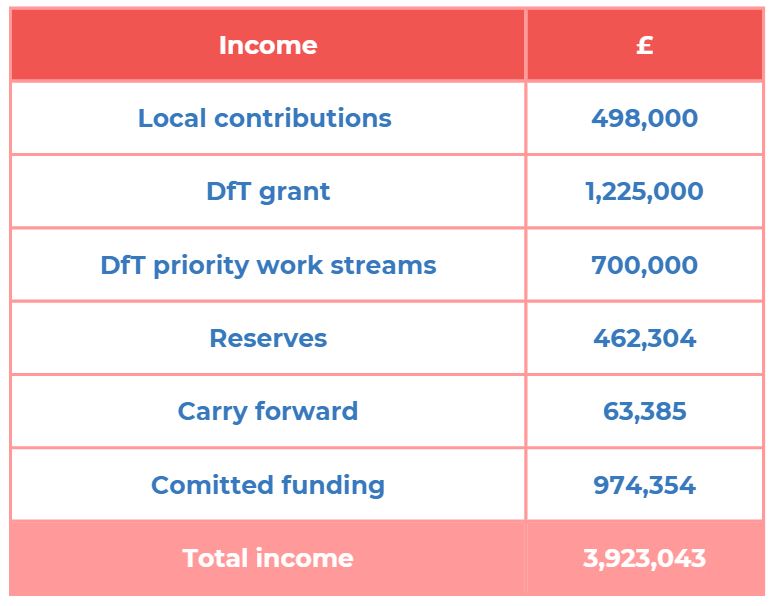
How we spend our money
This section will be updated once the financial settlement from the Department for Transport has been signed off by our accountable body.
Accountable body
This section will be updated once the financial settlement from the Department for Transport has been signed off by our accountable body.
Our work in 2022-23 is focused around four key priorities. Together, we will…
- Finalise and consult on our draft strategic investment plan setting out a prioritised programme of investment.
- Submit a clear and compelling vision for future transport investment in the South East to Government identifying the tools for delivering the investment set out in our plan.
- Establish Transport for the South East as the right partnership to implement and oversee the delivery of our investment plan adding value to the work of our constituent authorities and the Department for Transport.
- Deliver four workstreams to support the DfT’s priorities including; Electric Vehicle Infrastructure Strategy, Local Capacity and Capability, Bus Back Better Support and Decarbonisation.
Priorities subject to change pending funding settlement for 2022-23.
